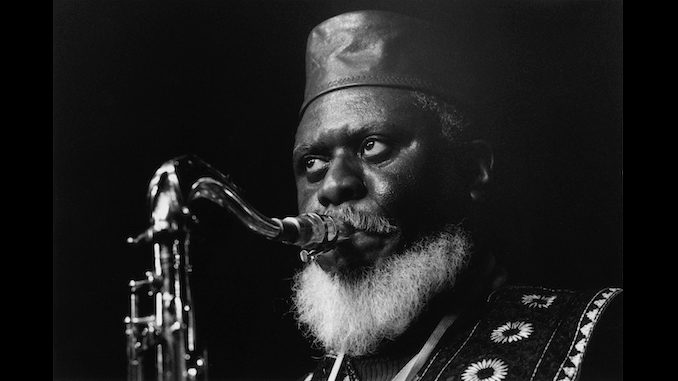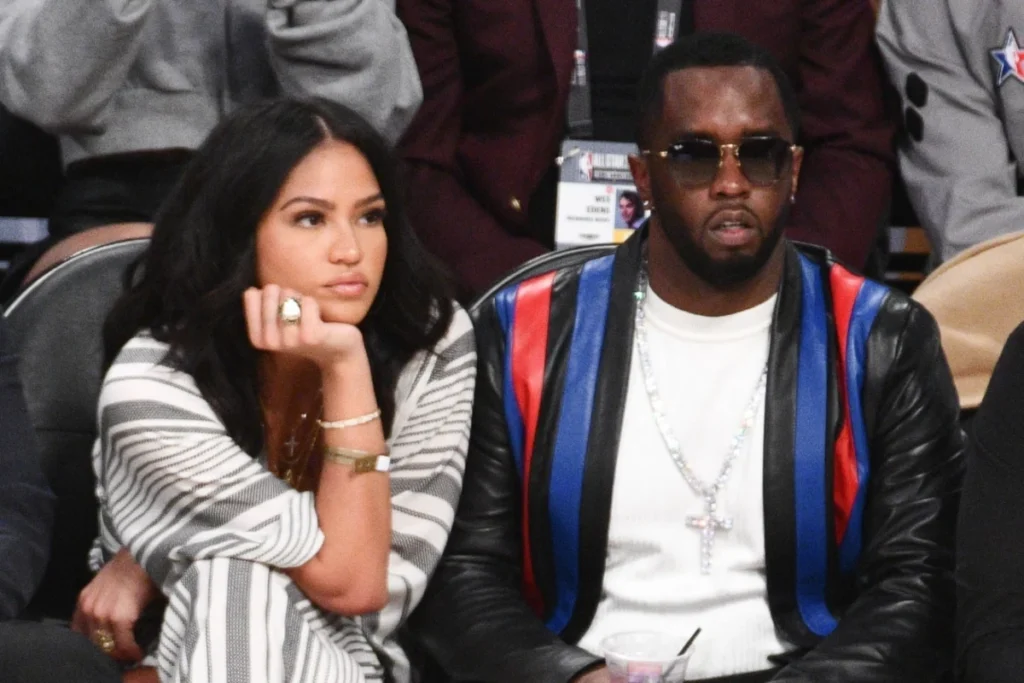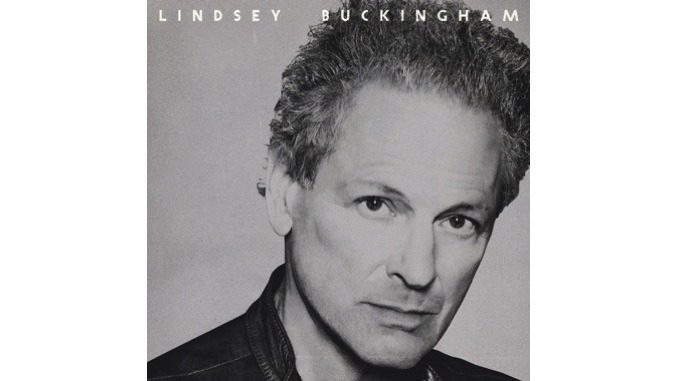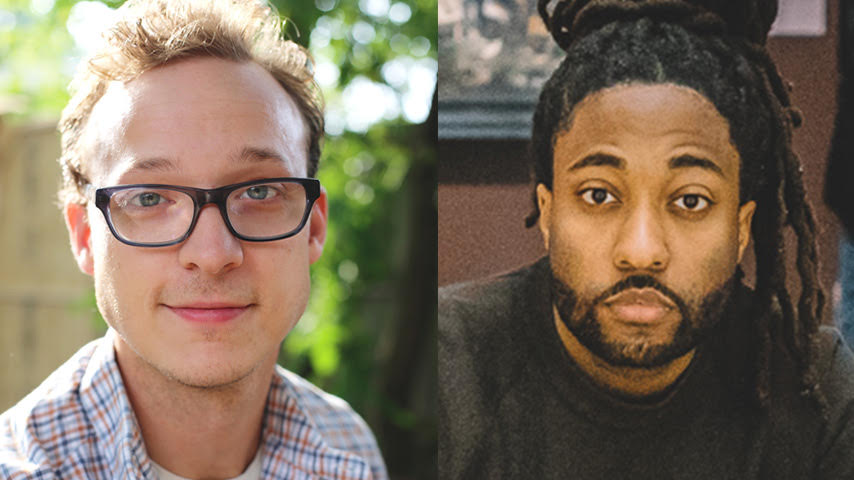Tenor saxophonist and spiritual jazz giant Pharoah Sanders has died, the record label Luaka Bop revealed on Saturday morning. The musician’s cause of death was not disclosed. He was 81 years old.
Sanders “died peacefully surrounded by loving family and friends in Los Angeles earlier this morning,” Luaka Bop stated on social media. “Always and forever the most beautiful human being, may he rest in peace.”
Born into a musical family on Oct. 13, 1940, in Little Rock, Arkansas, Ferrell Sanders first learned to play the drums and clarinet in church, then took up the saxophone (first alto, then tenor) in high school, looking up to artists like Harold Land, James Moody, Sonny Rollins, Charlie Parker and John Coltrane. His switch from alto to tenor sax was for practical purposes: “Tenor was the most popular instrument at that time to get work. I would rent the school saxophone,” Sanders told The New Yorker in a career-spanning 2020 interview. “You could rent it every day if you wanted to. It wasn’t a great horn. It was sort of beat-up and out of condition. I never owned a saxophone until I finished high school and went to Oakland, California.” Years later, Ornette Coleman would call Sanders “probably the best tenor player in the world.”
In the Bay Area, Sanders studied art (he was also a painter) and kicked off his music career in earnest, earning the nickname Little Rock, and performing alongside regional-standout saxophonists Dewey Redman and Sonny Simmons, pianist Ed Kelly and drummer Smiley Winters. He moved to New York City in 1962, hitchhiking to the city without having a place to stay there—he worked odd jobs, gave blood and pawned his horn to survive, sometimes sleeping on the subway. But it was also during this period that he first met and played alongside Sun Ra, who gave him the nickname “Pharoah,” as well as Don Cherry and Billy Higgins. Sanders started playing with the Arkestra in 1964, then joined John Coltrane’s band in 1965. Asked why Coltrane recruited him, Sanders said, “I don’t even know the reason myself. I don’t feel like he needed me or another horn. I think he just felt like he was going to do something different,” continuing:
He always had some kind of a way of looking to the future, like a kaleidoscope. He saw himself playing something different. And it seemed like he wanted to get to that level of playing—I don’t know if it was a dream that came to him, but that’s what he wanted to do. I couldn’t figure out why he wanted me to play with him, because I didn’t feel like, at the time, that I was ready to play with John Coltrane. Being around him was almost, like, “Well, what do you want me to do? I don’t know what I’m supposed to do.
He always told me, “Play.” That’s what I did.
Sanders started leading his own ensembles in 1964, a year which also saw the release of his debut album Pharoah’s First. “I don’t think I was really ready,” he recalled. “But I had to go on anyway, and study while I was trying to get it all together. I knew I had to be better than what I was. I had to keep moving. I learned a lot from John.” After Coltrane’s death in 1967, Sanders continued to work with his widow Alice Coltrane, including on her enduring classic Journey in Satchidananda. His signing with Impulse! heralded the most prolific period of his career, as he recorded multiple albums per year from the late ‘60s through the early ‘70s, including Thembi, Jewels of Thought, Black Unity and Love in Us All. To hear him tell it, Sanders, building on the lessons he learned from Coltrane, spearheaded spiritual jazz almost by accident: He recalls “trying to reach for something, I didn’t know what,” explaining, “It just happened. That’s the way I look at it. It just happened. I was never satisfied with my playing, for a long, long time. Still sort of have problems like that.”
Though the Impulse! years have proven the defining period of Sanders’ career, he continued to “reach for something” throughout his career, experimenting with R&B, mainstream jazz and more for labels including Theresa, Evidence, Timeless and Verve. He was honored among the National Endowment for the Arts’ 2016 class of NEA Jazz Masters, the United States’ highest honor for jazz musicians. In 2021, he collaborated with English electronic musician Floating Points and the London Symphony Orchestra on Promises, which Paste hailed as the best album of the year. For now, it stands as his final record.
Asked by The New Yorker what he was listening to in 2020, Sanders said, “I haven’t been listening to anything. I listen to things that maybe some guys don’t. I listen to the waves of the water. Train coming down. Or I listen to an airplane taking off.”
He continued:
I’ve always been like that, especially when I was small. I used to love hearing old car doors squeaking … Maybe it’s something you’re really into, then maybe you’ll get a sound like that. I just wondered, “Would that be a good sound?”
Sometimes, when I’m playing, I want to do something, but I feel like, if I did, it wouldn’t sound right. So I’m always trying to make something that might sound bad sound beautiful in some way. I’m a person who just starts playing anything I want to play, and make it turn out to be maybe some beautiful music.
Below, revisit a handful of Sanders’ best-loved songs, as well as Promises and a 1984 performance from the Paste archives.




